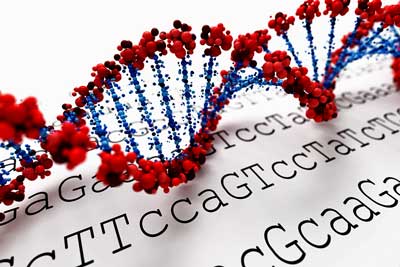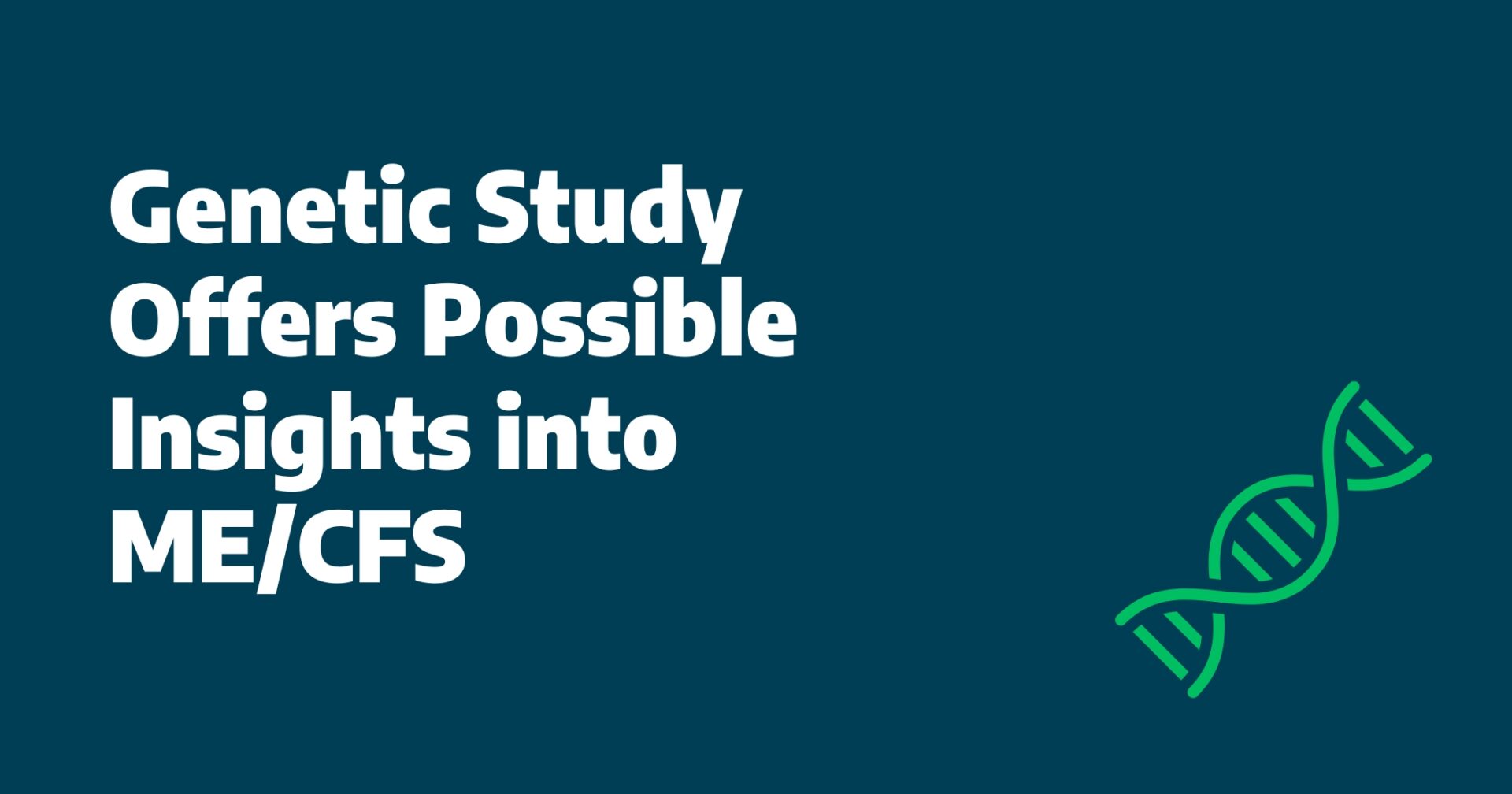MrMagoo
Senior Member (Voting Rights)
Oh. So illness is a moral failing after all. Le sigh.ME/CFS Science has a blog series on the psychosomatic history of cancer. It’s not pretty.
Oh. So illness is a moral failing after all. Le sigh.ME/CFS Science has a blog series on the psychosomatic history of cancer. It’s not pretty.

This starts off brilliantly and cover the GWAS itself well, right up to the 8 genetic signals. At which point it veers off course.
Decoding ME: Big Stakes Genetics Study Puts ME/CFS on Firm Biological Foundation - Health Rising
The DecodeME study puts ME/CFS on a firm biological foundation by highlighting genes that play a prominent role in the brain, the immune system and metabolism.www.healthrising.org
Decoding ME: Big Stakes Genetics Study Puts ME/CFS on Firm Biological Foundation
Various excerpts from a German article today (although quotes below are behind a paywall):Are pharmaceutical companies able to use the results from the decode ME and able to use existing technology/methods and start testing with existing drugs? Or, does there need to be more work/research before this can happen?
I wonder what mechinisms he was referring to here.These genes point directly to mechanisms that both we and others have already done a lot of research on, which is very good. It supports that the research field is on the right track towards finding treatments for patients.
A new line of attack is emerging...brain and nervous system equals psychosomatic. Frustrating but predicable.Professor Wyller:
– It has long been known that there is a certain genetic vulnerability to developing CFS/ME. This is the case with almost all diseases. This new study links the vulnerability to the nervous system and the immune system, which is not surprising. Many other findings also suggest that these organ systems are involved.
Are they seriously that scientifically illiterate or are they just frighteningly okay with brazenly lying to the public?Do you think these findings could lead to better diagnosis or treatment in the future?
– No. As mentioned, the gene markers were also found in a great many healthy people, and are therefore not specific to CFS/ME.

I’m finding understanding the science and statistics of things like GWAS studies far from immediately intuitive so I can understand people getting it wrong. What I can’t understand is how confidently people speak on it or how little curiosity they have it trying to understand it. How did they ever learn if they assumed they knew better at every new idea or concept?Are they seriously that scientifically illiterate or are they just frighteningly okay with brazenly lying to the public?
Wyller being clueless as always. I think it’s pretty clear that he supports a dualist view of the world. Might as well starr talking about souls instead of the mind. It fits with his divine insight..Finally, he adds that patients with the diagnosis may feel that they are not taken seriously.
– Sometimes it is probably about the healthcare system struggling to deal with conditions that cannot be grouped as “physical” or “mental”. CFS/ME must be understood in a bio-psycho-social perspective, where both body and mind play a role in the development of the disease and in getting well, the professor concludes.
That sounds very sensibleBut it is important to delve deeper into all the genes found in the eight regions, without being too attached to any particular hypothesis. Perhaps it will turn out that genes other than those previously thought are of greatest importance.
To find real answers, researchers need to map the eight areas in detail. Viken hopes that more research groups will eventually delve deeper into the data that the DecodeME
I wasn’t aware that we were making any progress towards treatment. The immune system and the nervous system are very broad areas and we really need to identify very specific pathology to make progress with drug treatments.These genes point directly to mechanisms that both we and others have already done a lot of research on, which is very good. It supports that the research field is on the right track towards finding treatments for patients.
Oh dear. The point of the paper is that these genetic signals showed up in ME/CFS , but not in controls.the gene markers were also found in a great many healthy people, and are therefore not specific to CFS/ME.
Perhaps the most important thing is that they did not show any genetic link to anxiety, depression or any other psychological condition – Which would be expected if the psychosocial theory was right.This is the case with almost all diseases. This new study links the vulnerability to the nervous system and the immune system, which is not surprising. Many other findings also suggest that these organ systems are involved.
I believe Tronstadt is part of Fluge and Mella's team so I assume he feels the immune system links suggested support their Daratumumab etc trials in some way.I wasn’t aware that we were making any progress towards treatment. The immune system and the nervous system are very broad areas and we really need To identify very specific pathology to make progress with drug treatments.
Is it the specific individual signals or the overall pattern of them that is different?Oh dear. The point of the paper is that these genetic signals showed up in ME/CFS , but not in controls.
Yes, I think you are right. The article continues with:I believe Tronstadt is part of Fluge and Mella's team so I assume he feels the immune system links suggested support their Daratumumab etc trials in some way.
I tried to watch his recent talk on the mechanisms he (and I assume F&M) currently believe underlie ME/CFS but couldn't follow it very well.
Clueless? Or malicious? Hard to say. The medical equivalent of "I'm not a bigot but [hugely bigoted tirade]".– Sometimes it is probably about the healthcare system struggling to deal with conditions that cannot be grouped as “physical” or “mental”. CFS/ME must be understood in a bio-psycho-social perspective, where both body and mind play a role in the development of the disease and in getting well, the professor concludes.
If that's what they believe, it would help to spell it out in the context of why they think DecodeME supports their current work on drugs.so I assume he feels the immune system links suggested support their Daratumumab etc trials in some way.
Each specific signal is important, a finding point pointing to biology. And for each of these, compared with controls, there is no signal in controls. P< 10^-8 is the statistical threshold marking how different this finding is in PwME compared with controls.Is it the specific individual signals or the overall pattern of them that is different?
Yes, I think you are right. The article continues with:
– Hopefully, more researchers will also be attracted to this field, preferably specialists in specific genes and mechanisms.
In Bergen and Oslo, immune-directed treatment is currently being investigated as a possibility, based on a hypothesis that ME may be a type of autoimmune disease, which may be consistent with the new gene findings, he adds.
Do we know what that would be if it wasn't Bonferroni-corrected?P< 10^-8 is the statistical threshold marking how different this finding is in PwME compared with controls.
Just brilliant. An "expert" that believes GWAS don't lead to better diagnostics and treatments.– Do you think these findings could lead to better diagnosis or treatment in the future?
– No. As mentioned, the gene markers were also found in a great many healthy people, and are therefore not specific to CFS/ME.
They reported the raw p-values.Do we know what that would be if it wasn't Bonferroni-corrected?
To account for multiple testing in genome-wide association studies (GWAS), a fixed P-value threshold of 5 × 10−8 is widely used to identify association between a common genetic variant and a trait of interest. Risch and Merikangas (1996) suggested this strict P-value threshold for studying the genetics of complex diseases due to the many false positive discoveries reported by candidate gene studies at that time. Later, the International HapMap Consortium (Altshuler and Donnelly 2005), Dudbridge and Gusnanto (2008), and Pe’er et al. (2008) independently suggested near-identical thresholds for common variant (minor allele frequency [MAF] >5%) GWAS.
Maybe they are going by their own experience of not amounting to anything ever despite their best efforts, so they can’t conceive of a reality in which others are able to make progress with the same overall information.Just brilliant. An "expert" that believes GWAS don't lead to better diagnostics and treatments.
